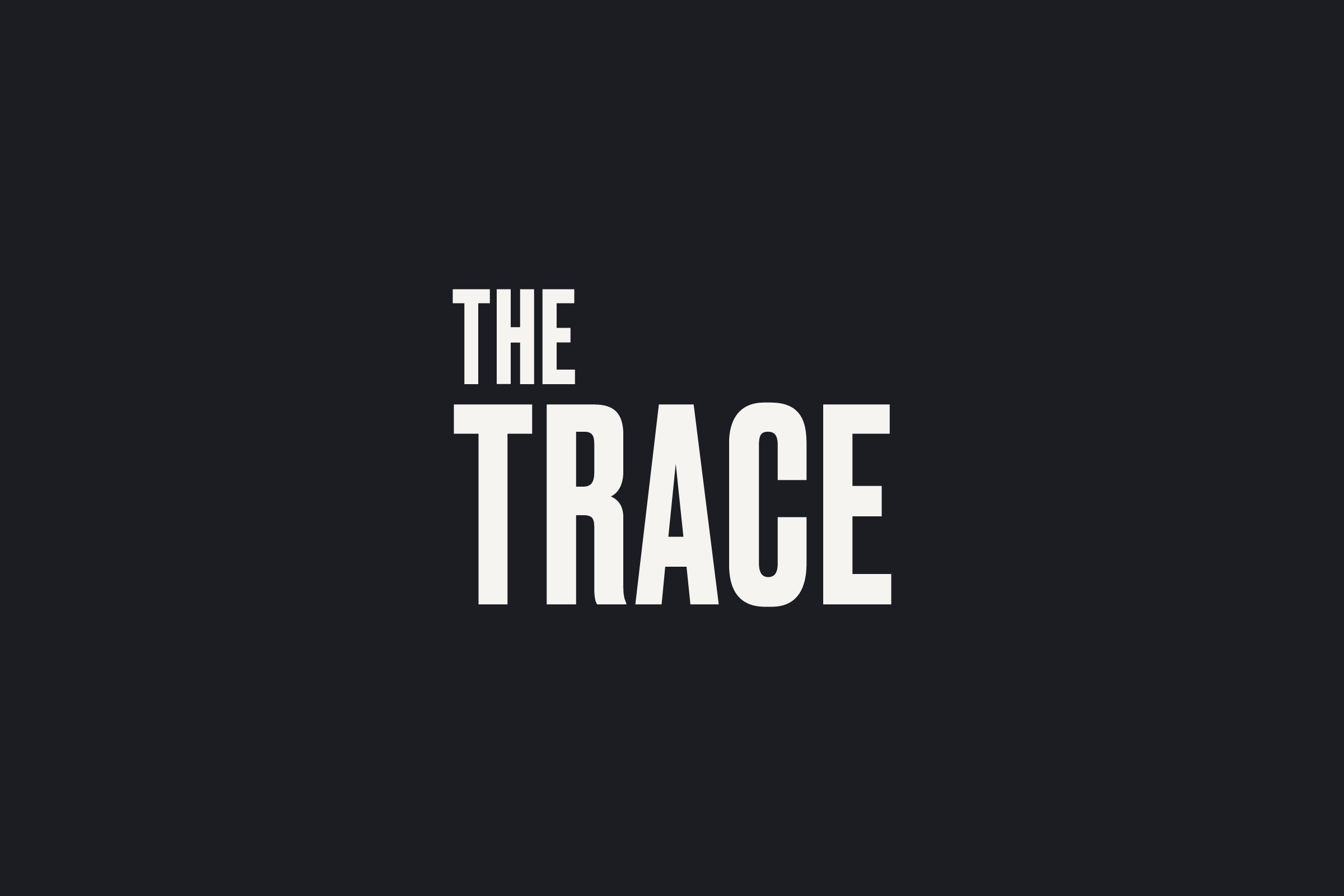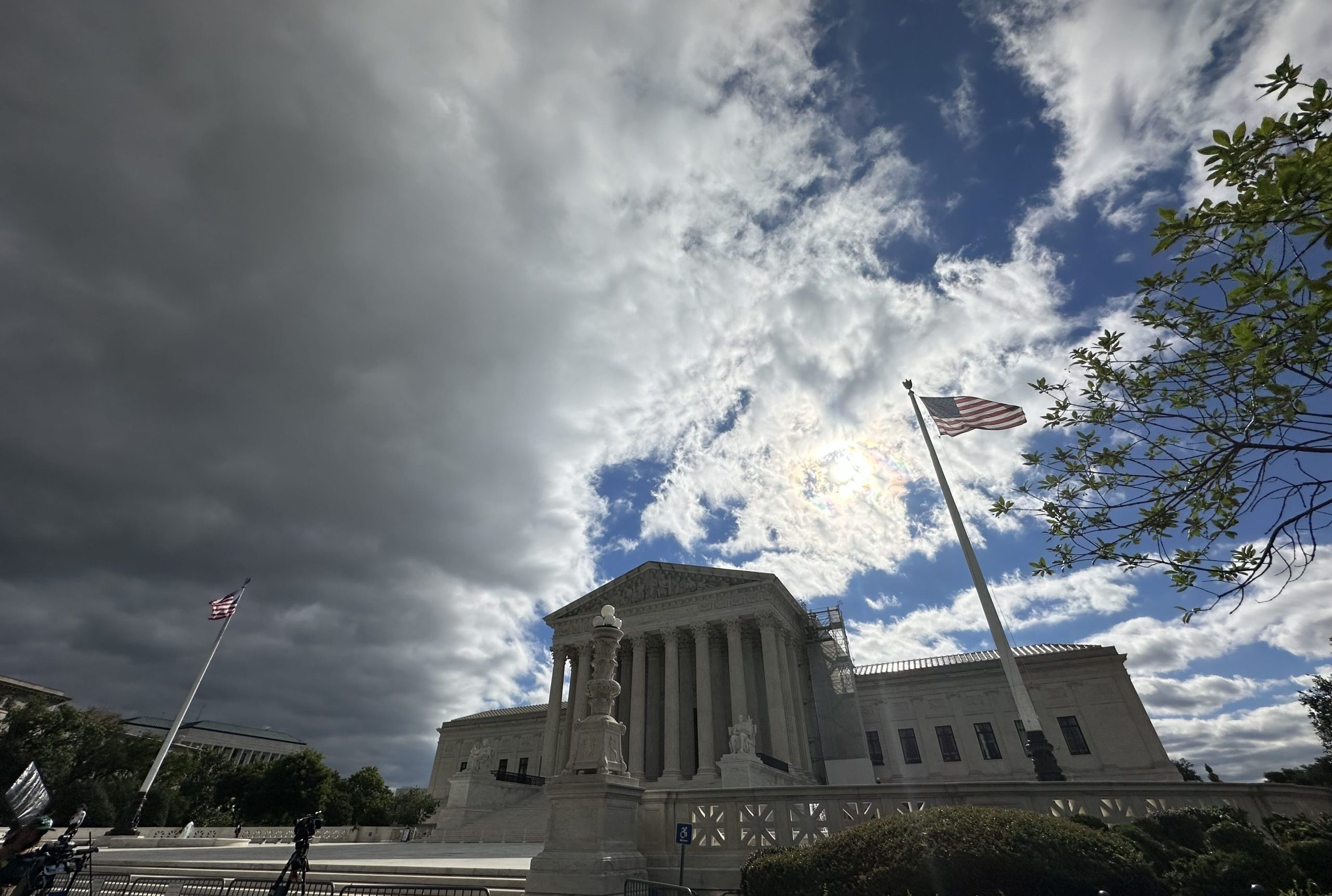The Boeing Company [NYSE: BA] ("Boeing" or the "Company") announced today the launch of concurrent separate underwritten public offerings of (i) 90,000,000 shares of common stock, par value $5.00 per share ("Common Stock") of the Company and (ii) $5 billion of depositary shares ("Depositary Shares"), each representing a 1/20th interest in a share of newly issued Series A Mandatory Convertible Preferred Stock, par value $1.00 per share ("Preferred Stock"), of the Company (together, the "Offerings"). Boeing expects to grant to the underwriters of the Offerings a 30-day option to purchase up to an additional (i) 13,500,000 shares of Common Stock and (ii) $750 million of Depositary Shares, solely to cover over-allotments, if any. Boeing intends to use the net proceeds from the Offerings for general corporate purposes, which may include, among other things, repayment of debt, additions to working capital, capital expenditures, and funding and investments in the Company's subsidiaries.
Holders of the Depositary Shares will be entitled to a proportional fractional interest in the rights and preferences of the Preferred Stock, including conversion, dividend, liquidation and voting rights, subject to the provisions of a deposit agreement. The Preferred Stock is expected to have a liquidation preference of $1,000 per share. Unless earlier converted, each share of Preferred Stock will automatically convert, for settlement on or about October 15, 2027, into a variable number of shares of Common Stock based on the applicable conversion rate, and each Depositary Share will automatically convert into a number of shares of Common Stock equal to a proportionate fractional interest in such shares of Common Stock. The dividend rate, conversion terms and other terms of the Preferred Stock will be determined at the time of pricing of the offering of the Depositary Shares. Currently, there is no public market for the Depositary Shares or the Preferred Stock. Boeing intends to apply to list the Depositary Shares on the New York Stock Exchange under the symbol "BA.PRA."







